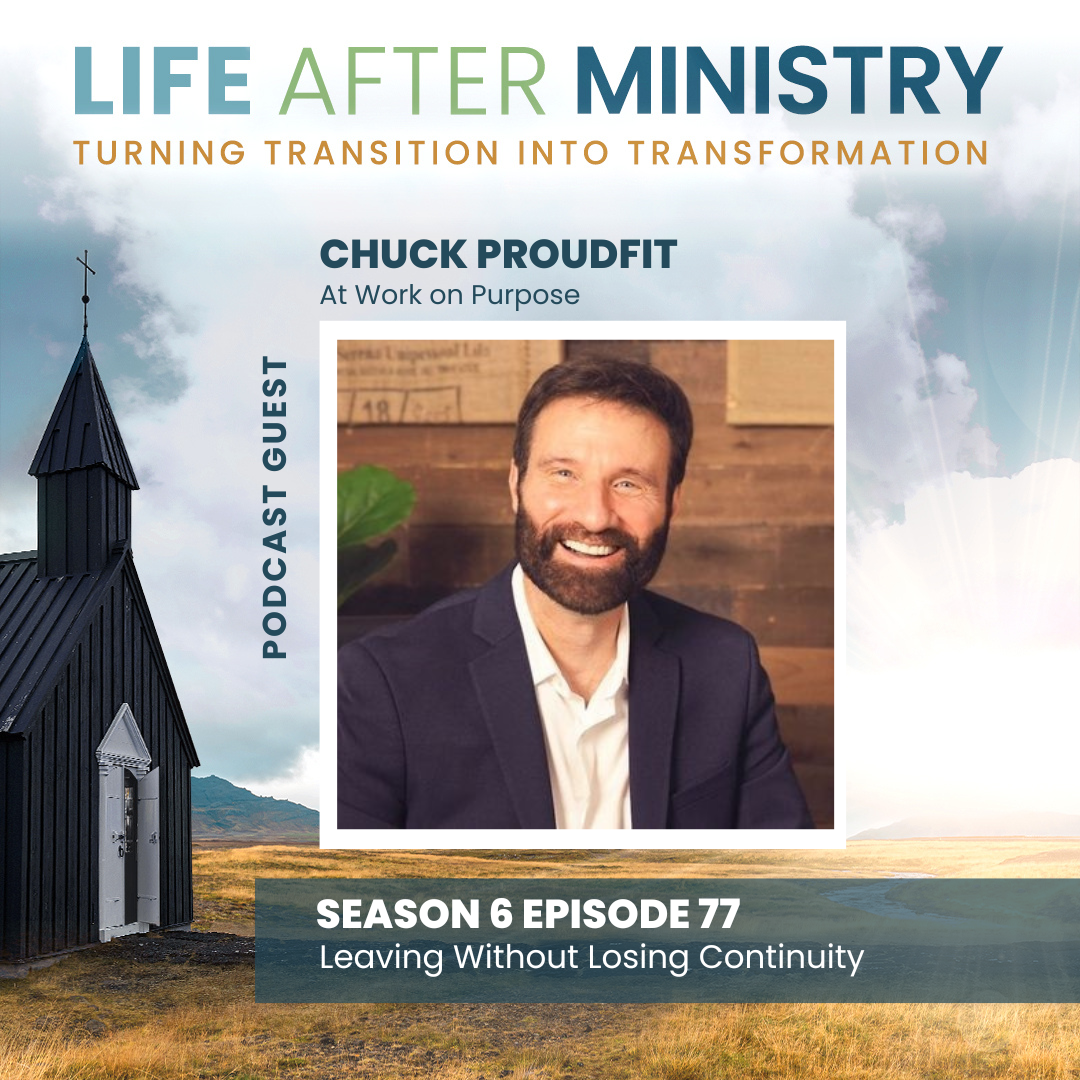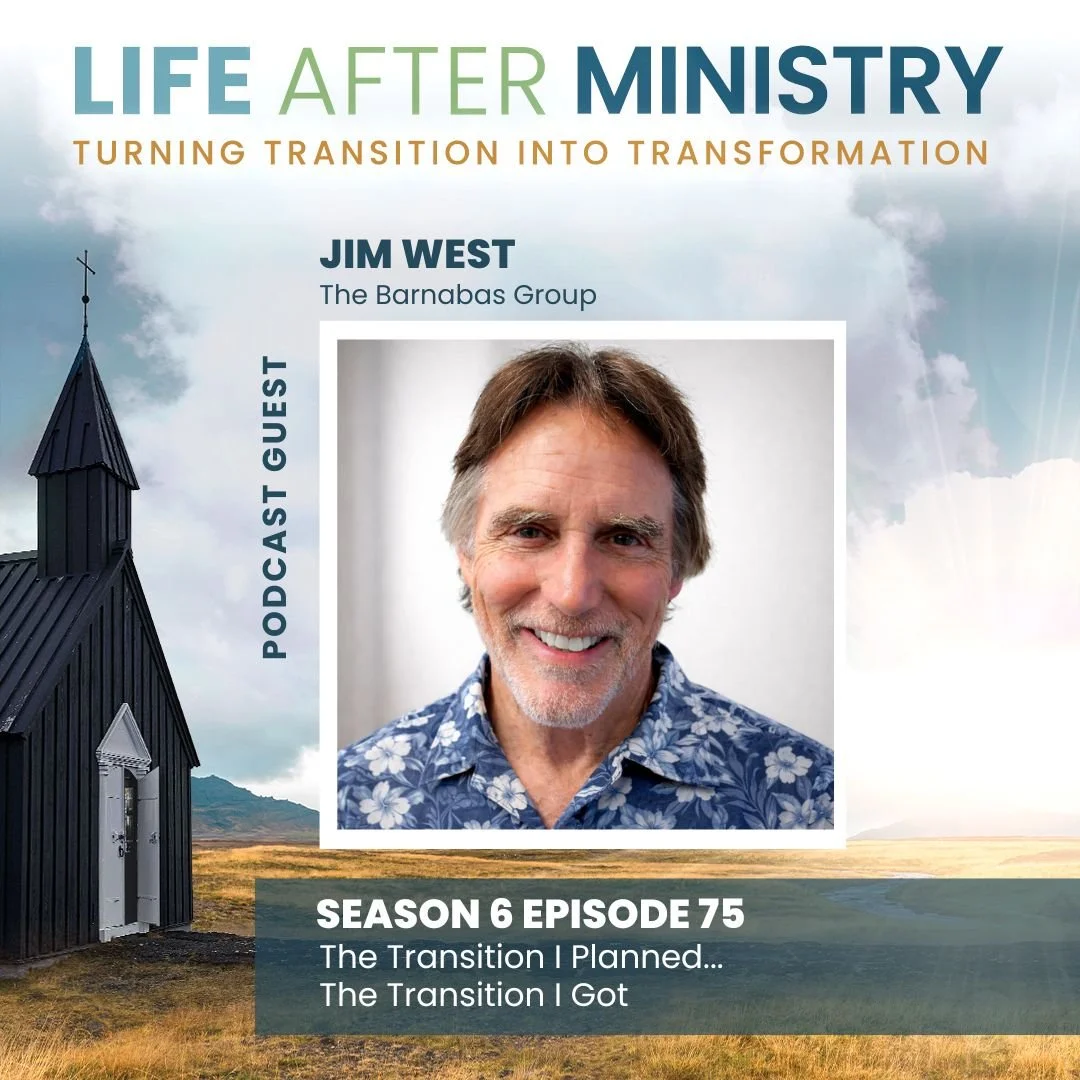Why Ministry Needs a Mental Health Strategy
In the modern Church, we’ve developed strategies for growth, stewardship, outreach, discipleship, and digital engagement. We train for theology and preaching, fundraising and leadership, conflict resolution and cross-cultural missions. But in all our planning, one critical area often remains overlooked: the mental health of ministry leaders and their communities.
It’s time we stop treating mental health as a side conversation and start naming it for what it is - a matter of spiritual, organizational, and missional integrity. If the Church is called to be a place of healing, then its leaders and members must not be silently unraveling under pressure. We need more than good intentions. We need a mental health strategy.
The Hidden Crisis Among Leaders
Ministry, by its nature, is deeply personal and highly demanding. Pastors, church staff, and nonprofit leaders carry invisible weight: the expectations of their congregations, the pain of their people, and the pressure to be both spiritual guide and administrative manager. In many churches, the pastor is expected to wear every hat - counselor, teacher, CEO, crisis responder, and friend.
The data is sobering:
According to Barna Group research, 44% of pastors reported considering quitting full-time ministry in the past year.
75% of pastors report feeling extremely or highly stressed.
Nearly 1 in 5 struggle with anxiety or depression, and many feel they cannot speak openly about it.
Burnout, moral failure, and quiet resignations are on the rise, and congregations often don’t know how to respond when it happens.
The spiritual cost is immense. When leaders break, the ripple effects hit families, congregations, and entire communities. And too often, the fallout isn’t met with grace - it’s met with gossip, isolation, or silence.
The Limitations of Spiritualizing Everything
One of the unique challenges facing the Church is a tendency to over-spiritualize mental health. While prayer, Scripture, and community are vital, they are not substitutes for professional mental health care.
Too many leaders are told to “just rest more,” “pray harder,” or “trust God with the burden.” These are not untrue - but they are incomplete. When someone is drowning, we don’t offer a verse before a lifeline. We do both.
Mental health is not a sign of weak faith. It’s a sign that we are embodied souls, human beings who experience stress, trauma, fatigue, and chemical imbalances. The Church should be the first to recognize this - not the last.
Why Mental Health Deserves a Strategic Response
A strategy isn’t just about crisis response - it’s about proactive care. Churches need systems, culture shifts, and support structures that prioritize well-being before breakdowns happen.
Here’s what a mental health strategy can help the Church do:
1. Normalize the Conversation
When mental health is integrated into leadership training, sermons, and discipleship, it stops being taboo. Leaders need to hear - from the stage and behind the scenes - that it’s okay to not be okay.
2. Prevent Burnout Before It Happens
Prevention is always more effective than intervention. Sabbaticals, healthy work rhythms, shared leadership models, and access to confidential support go a long way toward protecting longevity in ministry.
3. Equip Leaders to Care Without Carrying Everything
Many pastors feel the crushing weight of being everyone’s emotional lifeline. A strategy helps leaders know when to refer out, how to set healthy boundaries, and how to build a care team that shares the load.
4. Provide Trauma-Informed Ministry
We are living in the wake of collective trauma - global pandemics, political division, and personal loss. Congregants are walking in the door with complex emotional needs. Are our churches equipped to care for them well?
5. Multiply, Not Divide, During Times of Transition
Mental and emotional health are often most strained during leadership changes. Churches that prioritize soul care and strategic support during transitions avoid division and model the love of Christ in action.
What a Mental Health Strategy Could Look Like
Creating a culture of care doesn’t happen overnight, and there’s no one-size-fits-all model. But here are a few starting points for churches and Christian organizations looking to integrate mental health into their ministry vision:
Leadership Buy-In: Senior leaders must model vulnerability, prioritize health, and normalize counseling and coaching.
Partnerships: Connect with Christian counselors, therapists, and organizations trained in trauma-informed care.
Training for Staff and Volunteers: Equip people to recognize signs of burnout, depression, and crisis - and know what steps to take next.
Sabbaticals and Soul Care Plans: Integrate rhythms of rest and renewal for staff at every level, not just senior leadership.
Communication Practices: Create environments where honest conversations are safe, confidentiality is honored, and feedback is welcomed.
Clear Crisis Response Protocols: Know what to do when a staff member or congregant is in crisis. Don’t wait until it happens to figure it out.
The Cost of Doing Nothing
Without a mental health strategy, we leave our leaders vulnerable and our congregations under-supported. Silence and shame thrive where there is no intentional care. And when we only respond to breakdowns - rather than investing in prevention - we end up with wounded shepherds and scattered flocks.
The Church has the resources. The gospel has the power. What we need is the courage and humility to acknowledge our gaps - and act.
We can’t afford to let another generation of pastors burn out under the banner of faithfulness. Faithfulness includes rest. Faithfulness includes wise counsel. Faithfulness includes boundaries. And faithfulness requires a community that doesn’t just say “we care” - but shows it.
It's Time to Look Again Church Health
The future of the Church depends not just on how we preach, but on how we care.
It depends on how we treat our pastors behind closed doors. On whether we prioritize our teams’ well-being as much as we do our Sunday experience. On whether our people feel safe bringing their full selves - mind, body, and spirit - into the house of God.
A healthy church isn’t one with flawless programs. It’s one where broken people can heal, including the ones leading from the stage.
Want to take a next step?
The Church Mental Health Summit is a free, one-day global event on October 10, offering tools, training, and inspiration to help churches develop their own strategy for mental wellness.
With over 50 speakers, practical sessions, and specialized ministry tracks, this is one of the most accessible ways to start building the culture of care your church needs.
Register now at churchmentalhealthsummit.com
Because your mental health isn’t a liability to ministry - it’s essential to it.
And you don’t have to lead alone.
Matt Davis served as a Teaching and Executive Pastor for more than two decades in Orange County, California. After going through his own pastoral transition out of ministry, Matt learned the difficulty of this season. He helped start Ministry Transitions, a ministry committed to helping ministry leaders navigate transitions with grace. As President, he seeks to bring healing a reconciliation to churches and their people.









